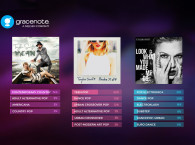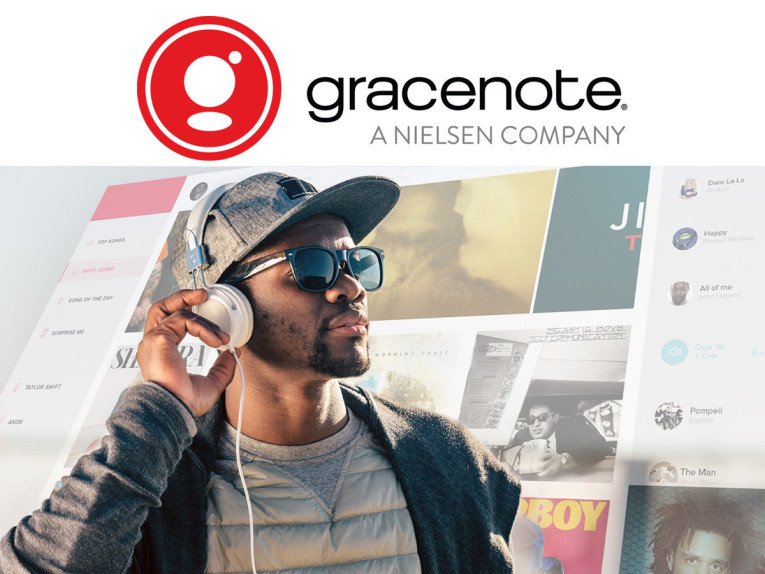
audioXpress attended the preview of Gracenote's new generation advanced metadata technology at CES 2017 in Las Vegas, where the company recently acquired by Nielsen was showing how global entertainment providers, device manufacturers and streaming services will be able leverage industry-leading metadata and IDs to power advanced voice and text search, intuitive user experiences as well as more personalized media recommendations. We were extremely impressed with the evolution - the deeper level of information and the fact that it includes algorithms able to recognize a musical genre by audio analysis - and the company's vision to integrate metadata with users preferences across all types of devices. Now, those new Gracenote products and technologies are officially available, developed specifically for next-generation converged media platforms and services.
The ways people experience entertainment today are dramatically different than just a few years ago. For example, movies and TV shows are now available from multiple services and watched on many different internet-connected devices. The modern music experience is increasingly about streaming individual tracks and playlists and less about buying albums. Sports fans are now accessing real-time highlights and playing along with fantasy services across various platforms and apps. The next digital entertainment evolution converges all of these experiences together across platforms and services.
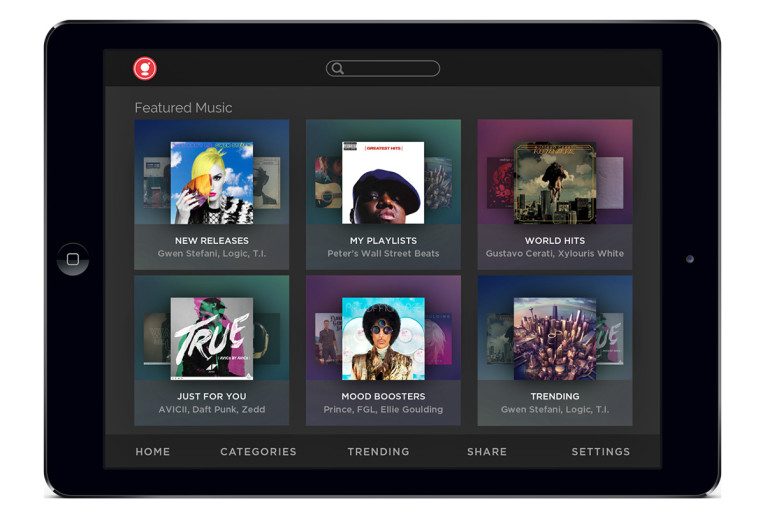
Gracenote’s new entertainment databases provide the deep descriptive information needed to power cross-media entertainment experiences spanning all devices. With TV schedules for more than 85 countries, live scores and statistics for the world’s top sporting events and musical data for practically every song ever recorded, Gracenote’s connected databases will fuel tomorrow’s breakout consumer entertainment products, including next generation cable and satellite platforms, streaming movie and music services and voice-controlled virtual assistants.
“The lines that once delineated providers of TV, movies, music and other forms of digital media are blurring. When we set out three years ago to create the world’s largest entertainment data company, our goal was to deliver a single dataset with persistent IDs to drive entirely new cross-media experiences,” says Rich Cusick, chief product officer for Gracenote. “These new metadata products represent the biggest evolution in the history of our business and will help our customers dream up and deliver innovative entertainment experiences and establish new business models – all powered by Gracenote data.”
The cornerstone of Gracenote’s new entertainment databases are standardized Gracenote IDs that tie together all related media, enabling audiences to easily search for and find favorite shows, discover new songs and set recordings for upcoming programming across platforms, services and formats. Gracenote IDs link musical artists to discographies, actors to TV shows and schedules, episodes to seasons and athletes to live games across linear TV, video on-demand (VOD) and over-the-top (OTT) services.
For example, using Gracenote data and IDs, a search for Beyoncé would deliver results across her music, TV and movie career spanning her latest tracks and collaborations with other artists, her visual album on HBO, “Lemonade,” and her movie appearance in “Epic.” A search for LeBron James would bring up relevant career statistics, the upcoming Cleveland Cavaliers NBA schedule on TV, recent game highlights, a previous interview on “The Daily Show with Trevor Noah” and spotlight his role in the 2015 movie, “Trainwreck.”
Gracenote Global Video Data brings together TV and movie metadata from more than 85 countries into a normalized structure and single API. It provides a global solution for cable and satellite TV providers, smart device manufacturers and OTT services that seek to expand internationally and require regionally relevant data. This, while Gracenote Global Sports Data pairs live scores, statistics and rich editorial content with Gracenote TV schedules to drive viewers to tune-in and engage with live sports broadcasts.
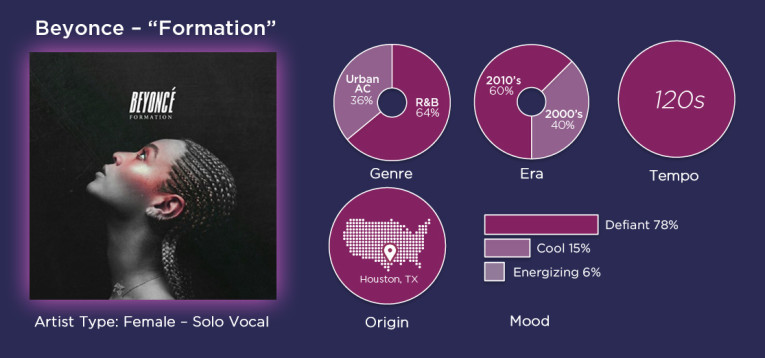
Gracenote Global Music Data
Gracenote Global Music Data is the global database of record for the music industry. The normalized database is built specifically to support today’s playlist and track-based business models. Gracenote now offers the world’s largest music database spanning international music genres, optimized for streaming catalogues. The new products also feature a means for streaming music services, voice-powered virtual assistants and online media companies to better manage searches across a sea of artist releases, collaborations, remixes and live recordings.
The new cloud-based database from Gracenote was rebuilt from the ground up with a normalized dataset of Artists, Albums and Recordings, including identification of original releases, collaborations, remixes and live recordings. Key descriptors like Genre, Mood, Era, Origin, Tempo and Artist Language enable music services to create finely tuned playlists and stronger, more personalized recommendations. This particularly important at a global level, allowing artists from Latin America or India to be labelled World Music by default, for example.
The new Gracenote Global Music Data also features deep descriptors for practically every song ever recorded. Leveraging Gracenote’s advanced machine learning technology and the company's own editorial team, Gracenote data for Genre, Origin, Era, Artist Type, as well as Mood and Tempo now enables better playlist generation and music discovery.
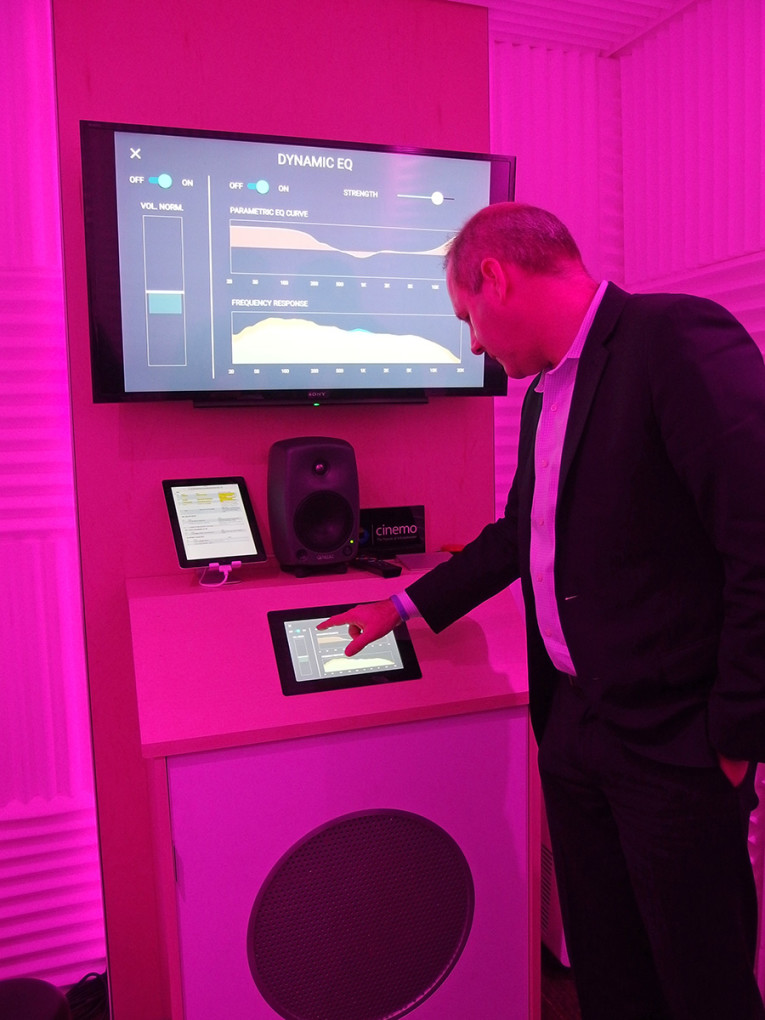
Having started in the days of CD recognition, when Gracenote was still a service called CDDB, The company evolved to file-based aggregation of metadata including Cover Art and combiningaudio fingerprinting and text matching to identify locallyy stored digital music files. This also includes providing MusicID has the backbone for media monitoring services, enabling them to identify copyrighted music for compliance and royalty management. It also powers many popular music Apps, letting fans identify songs by simply holding their phones to the music.
Now, Gracenote provides the key global music database from where people from all over the world discover music, based on a scalable technology platform. The next step for Gracenote, with the introduction of its new generation advanced metadata technology now evolve to new types of search and interaction, including voice, and the creation of user preferences and profiles with advanced audio features. This includes Gracenote Dynamic EQ, allowing users to define personal preferences for every song they play and every different device and usage scenario they listen to music - in the car, headphones at work or relaxing at home.
This combines both Gracenote’s music recognition technology and rich music data to automatically adjust personal EQ settings, based on Reference EQ Curves for landmark recordings across genres and eras. Gracenotes Track Equalization identifies music playing from any source and automatically applies 5 band parametric EQ settings for individual tracks. The user is then able to dial up or down the track EQ settings, according to personal preferences.
The usage scenario also includes smart optimization for different acoustic environments. Since tuning an EQ is incredibly complicated for the average user, Dynamic EQ takes the guesswork out of tweaking different home and car audio systems. There are no buttons to push or settings to adjust. Dynamic EQ automatically adjusts loudness, bass and treble for optimal audio, taking into account the song playing, the service and/or media sources.
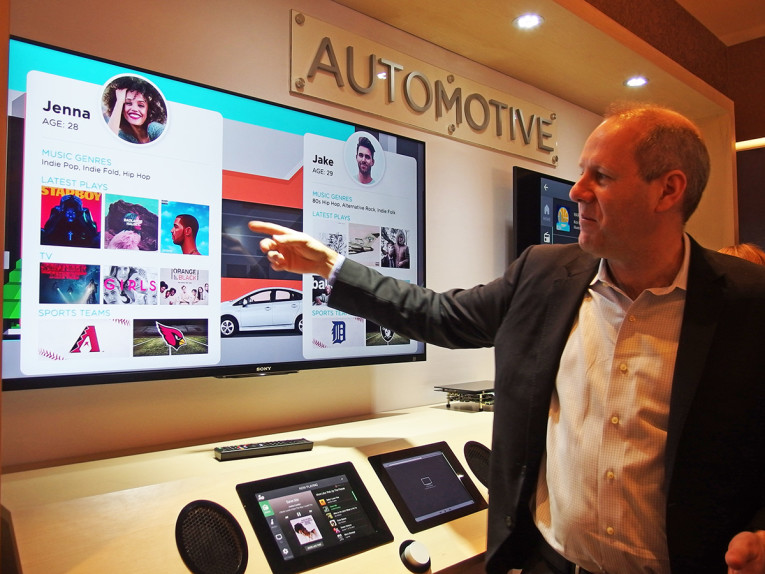
www.gracenote.com






